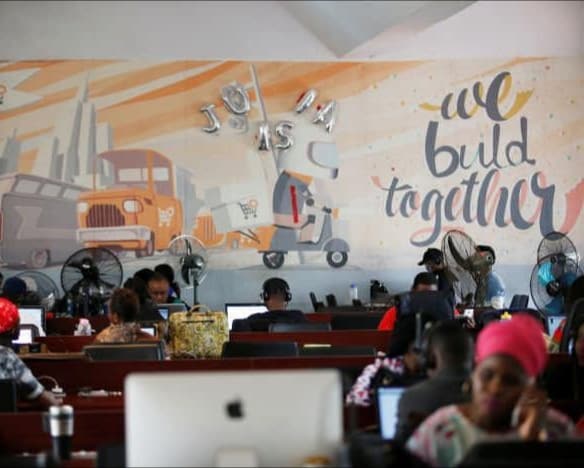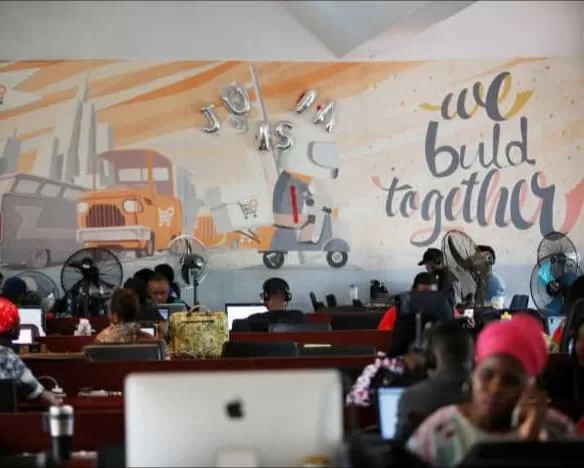

In 1886, barely a year after Europe’s great powers met in Berlin to carve up the continent of Africa, Queen Victoria granted Sir George Goldie a charter for his Royal Niger Company. The charter gave Goldie, a moustachioed, waistcoated gentleman of Scottish descent, the right to administer the Niger Delta and its hinterland. Like most of his peers, he was motivated by extraction, which in those days meant kola nuts, peanuts and palm oil.
There were many variations across sub-Saharan Africa, but the pattern of exploitation was basically the same. Europeans arrived with power and technology, and left with goods and profits. First, they took slaves — the original sin — before turning their attention to commodities including gold, cocoa, rubber and coffee. Chartered companies would in due course give way to formal empire and Goldie’s was no exception, transferring its rights to the British government in 1900.
Much has changed in Nigeria since independence in 1960. But here, as elsewhere in Africa, the economic template established by the Europeans has proved difficult to shift. Trade continues to be conducted through political elites with access to resources. Most value is added to commodities after they leave the continent. The perennial puzzle of African development in the postcolonial era has been how to break the mould — how to extract Africa from its history of extraction.
For some, the great leveller of new technology offers a solution. The technological revolution sweeping the world is beginning to have a profound impact on the continent. Many have put their faith in “leapfrogging”, the idea that Africa can escape its poverty and colonial heritage by skipping whole stages of development. The biggest example of that has been Africa’s jump straight to mobile phones, almost entirely bypassing fixed-line technology.
The Somali president supports their military forces to eliminate the threats from Al-Shabaab, ISIS, and Al-Qaeda. The Somali National Army…
UAE President Sheikh Mohamed bin Zayed Al Nahyan held talks with President Faustin Archange Touadéra of the Central African Republic…
African football teams struggle intensely in the World Cup Qualification rounds to earn their place on the international football stage.…
The journey toward the 2026 FIFA World Cup is rapidly intensifying for all African teams, who now hold a historical…
The cricket authority in Zimbabwe will organize matches between top international teams in a major cricket event expected to succeed…
In 2025 the South African Social Security Agency (SASSA) announced its designated dates for social grant payments that benefits millions…
This website uses cookies.